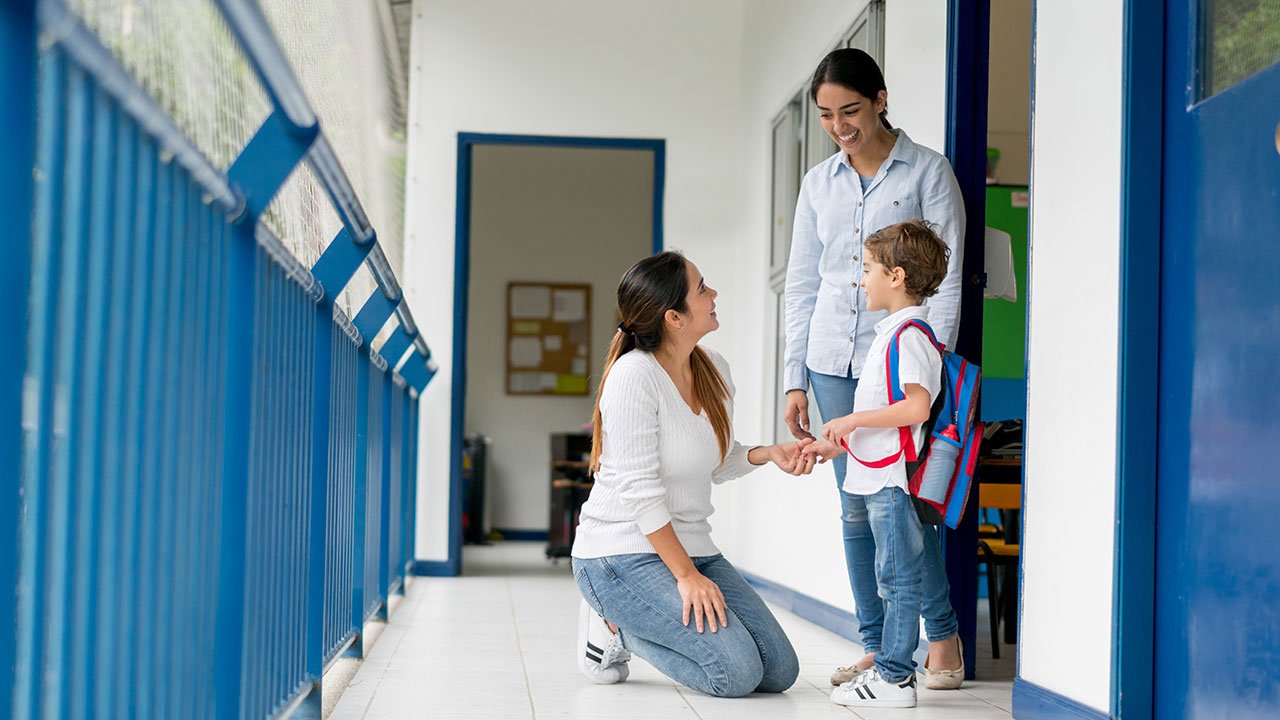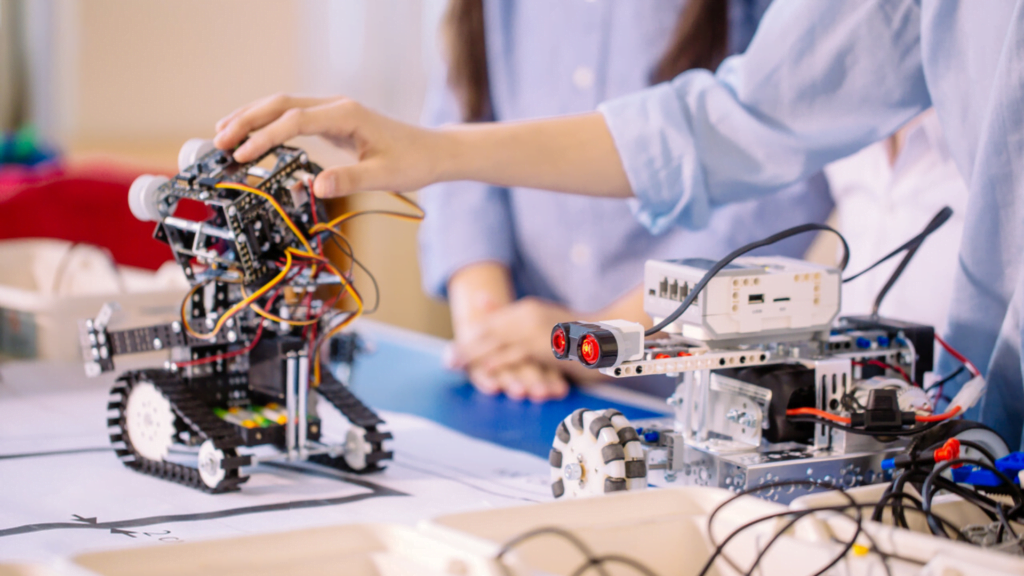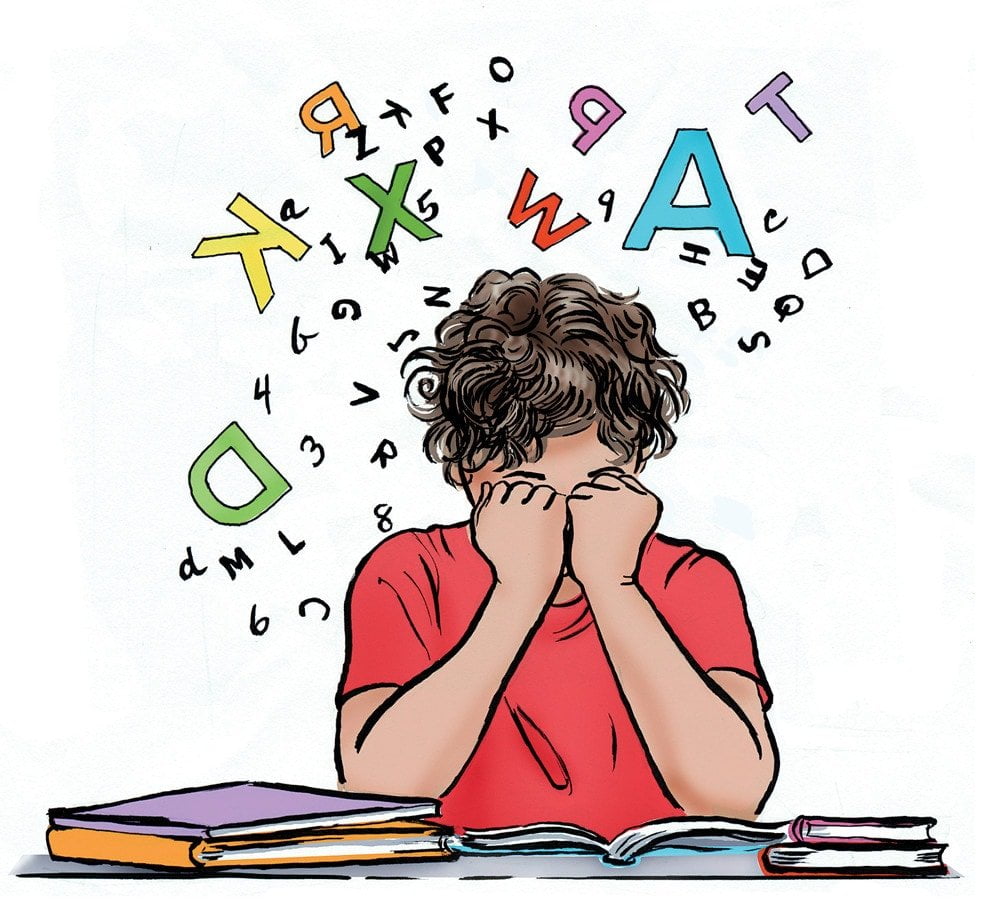The importance of family in education is undeniably a very significant topic. The development and character of children are directly related to the attitudes of parents.
In this blog post, we will take a close look at the role of families in children’s education and their effects on children’s development. Let’s explore together how receiving a good education from the family reflects on the children.
Parents are Children’s First Teachers
From the moment they are born, children imitate their parents’ behaviors and words. Therefore, the behaviors and values taught by parents play a major role in the development of their personality.
Family Environment Affects Children’s Behaviors
A loving home environment positively affects the steps of children on their way to becoming individuals, while an environment filled with violence, guilt, and fear negatively affects their personalities. Families should contribute to their children’s personal development by creating a loving environment at home.
Family Attention Increases Children’s Self-Esteem
The interest shown by parents to their children increases their self-esteem. Research shows that children’s confidence increases when they see their parents’ attention. Therefore, families should make time for their children and support them.
Family Should Guide Children’s Education
Parents are responsible for guiding their children’s education. Teaching children right from wrong, instilling values such as hard work and discipline, adopting a healthy lifestyle, and assisting in the development of their social skills are the responsibilities of families.
Families should follow the education system to guide their children’s education, assist them in their assignments and lessons, and do their best to solve problems related to school life.
Family Develops Children’s Social Skills
Families play a significant role in the development of children’s social skills. Children develop social skills by interacting with their families at home. Parents should monitor their children’s circle of friends and assist in the development of their social skills. This way, children can become active and successful individuals in society by preparing for their social lives.
Family Helps Children Acquire Values
Families are also influential in matters of children’s values and beliefs. By teaching their children right from wrong, parents contribute to their character development. At the same time, families should respect their children’s beliefs and ensure they are open to different ideas.
Family Should Address and Solve Children’s Problems
Addressing children’s problems is one of the important issues that families need to resolve. Parents should pay attention to their children’s problems, try to understand them, and find solutions together. This situation contributes to protecting the psychological health of children and helping them experience a healthy development process.
Family Shapes Children’s Future
Families play a significant role in shaping children’s future. Parents should discover their children’s talents, guide them according to their interests, and support them in their careers. In this way, they help lay solid foundations for a successful future by contributing to their personal development.
Conclusion
The effects of the family start when children are still at young ages. Ensuring that families approach their children in a language they can understand will allow the attitudes and behaviors to affect their children in a healthy way. Especially the 0-6 age range is one of the most critical periods in children’s lives, and the effect of family education during this period is of greater importance.
Research shows that families affect children’s school success. Parents need to establish reading habits for children and support their education at home. These behaviors have a great impact on shaping the personality and behaviors of children. Teaching the right behaviors to their children and creating a healthy environment at home will assist children in developing social skills.
The Importance of Family in Education: What Families Need to Do
We have talked a lot about the importance of family in education. Now, we will discuss how families can contribute to their children’s education.
Things families need to do to increase children’s school success:
- Creating a regular study area: Providing children with a regular study area will facilitate their study activities.
- Encouraging reading: Reading books expands children’s vocabulary and develops reading, writing, and comprehension skills.
- Helping with their lessons: Parents assisting with children’s lessons will help children understand the topics better.
- Participating in school activities: Parents participating in activities organized by the school will strengthen the children’s connection with the school.
- Following the lesson schedule: Regular tracking of the child’s lesson schedule and homework list by parents will help the child complete their homework on time.
- Understanding the child’s learning style: Understanding the learning style of children by families makes the learning process more efficient.
- Communicating with teachers: Regular communication of families with their children’s teachers will make the child more successful in school. Research Demonstrating the Importance of Family in Education
The importance of family in education has been a topic studied by researchers for many years. Research shows that families have a significant impact on children’s academic success, and social and personal development.
Some research that reveals the importance of family in education are:
- A study by the American Education Research Association reveals that families play a significant role in children’s academic success and that teachers can serve students better by collaborating with families. The attitudes and behaviors of families towards children are a critical factor determining children’s motivation and school success.
- A study by the University of Southampton in the UK indicates that children whose families are involved in their education have a higher likelihood of succeeding academically and personally.
In conclusion, the family’s role in children’s education is significant and cannot be ignored. Parents should be aware of their responsibilities and fulfill them properly. In this way, they will contribute to their children’s development and prepare them for a successful future.






